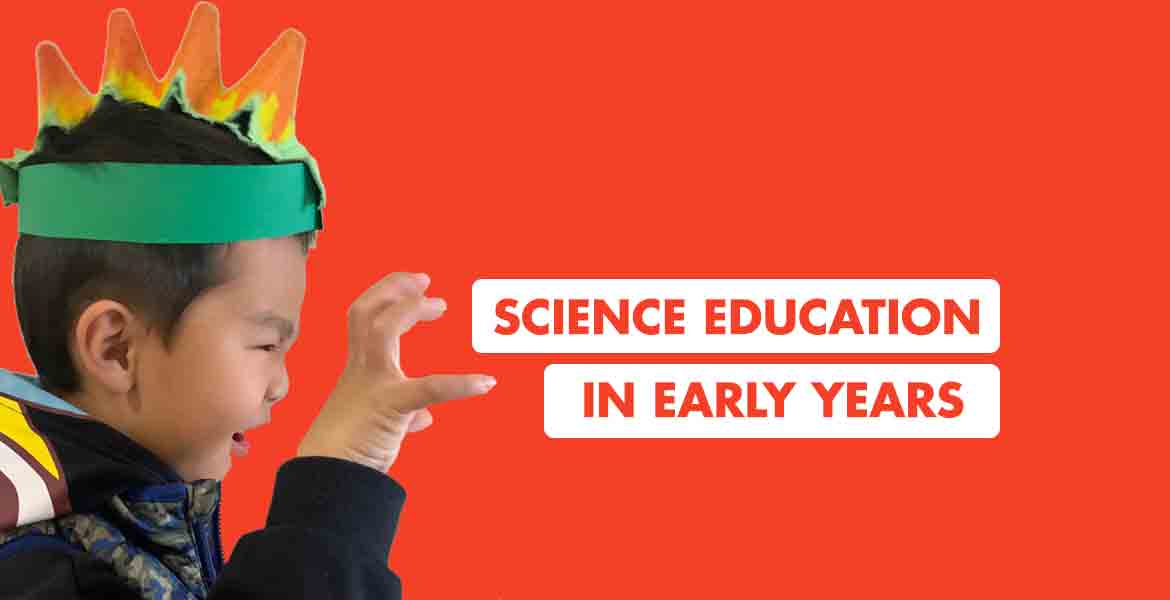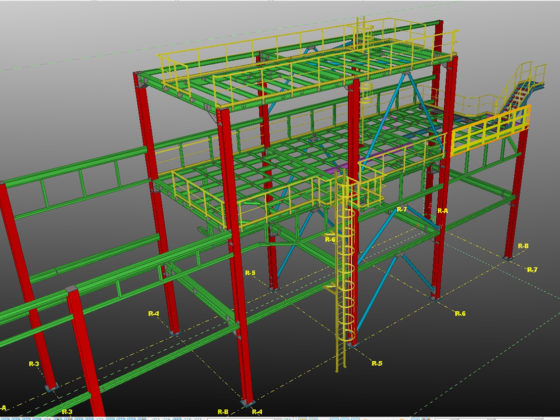Young kids are always curious about learning the things revolving around them. So, we as a parent should take advantage of this curiosity and start challenging their enthusiasm for scientific discovery as early as possible. We should know that science education is crucial from early childhood. The subject of science is all about frog dissections, images of the cell, and learning about planets. These topics are essential for students to learn and become familiar with the concepts. It helps kids in scientific thinking, raising questions, inquiry, making observations and coming to conclusions. We should make our kids aware of the technology and science products surrounding us.
According to many educators, kids should be introduced to the subject of science at a very early age. It teaches young kids problem-solving skills that will help them throughout their schooling and keep them interested in science from the very beginning. Parents and teachers should keep their kids and young students engaged while teaching them science. They can do it by introducing them to exciting materials, which will motivate them to learn science. Teachers and parents should encourage their kids to learn science by introducing them to science-related games and textbooks to enhance their scientific knowledge. For example, students of Class 5 can refer to CBSE books for class 5, available subject-wise.
Science education is one of the most critical subjects due to its relevance to students’ lives. During the summer holidays, kids, with the help of their parents, should explore scientific experiments to make the subject more fun-loving and exciting for them. Kids should also perform science experiments to develop their planning, goal-setting, and problem-solving skills.
Benefits of Early Education of Science
1. Kids love science
To make your kids love science, they should be involved in exploring and experimenting from the very beginning. According to research, by the age of 7, most children develop either a positive or negative attitude towards the subject of science that remains forever. So, in their early development, young kids should indulge themselves in the field of science. By doing so, kids can establish a positive approach toward science education that will stay forever.
2. Enhances scientific concepts and scientific thinking
Students can introduce themselves to scientific thinking and concepts by engaging in experiments or activities. Science education at the early stage provides a strong foundation for what is learnt and how it’s learnt. Early educators can encourage young minds and familiarise them with basic scientific knowledge. It will help them to make sense of the world and gain some understanding of how things work.
3. Develops other skills and attributes
By performing scientific activities, young kids can develop and practice many attributes and skills. Young kids can enhance their collaborative skills, communication skills, reasoning and problem-solving skills and analytical skills. According to their age group, students should expand their scientific knowledge and terms.
Parents and teachers can take the help of plenty of resources available in the market to make their kids learn science from an early stage. But, while making them learn science, a few points should be kept in mind.
In the process of learning science, kids should focus more on the results rather than the process. Kids can gain some scientific understanding along the process, and finding the correct answer should not be their top objective.
It is easier to make young kids learn when exposed to active games, hands-on experience, etc. because kids love physical exploration. Not only science, but kids can also learn other subjects such as maths, English, etc., by playing games. Some subject related games are phonics games for kids, maths riddles, puzzles, tongue twisters, etc.
Science is a subject that is crucial for everyday purposes. So, learning science from a very tender age will help kids be well-updated with scientific knowledge. The subject of science involves invention, technology, etc. As children grow up, science will be divided into three main sub-subjects – physics, chemistry and biology and gradually, it becomes more challenging.
For example, when children reach Class 10, students need to face their first board exam. They should solve the CBSE class 10 science question paper, sample papers, important questions, etc. So, being well-educated about the concepts of science will help them as they grow up.












